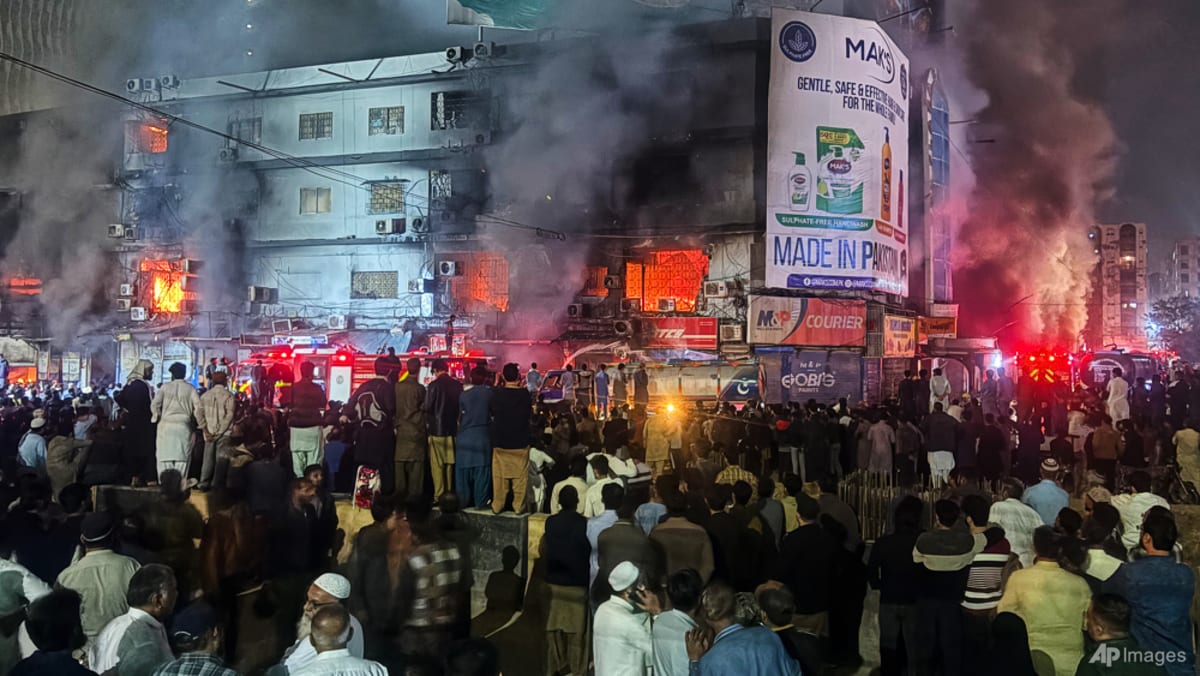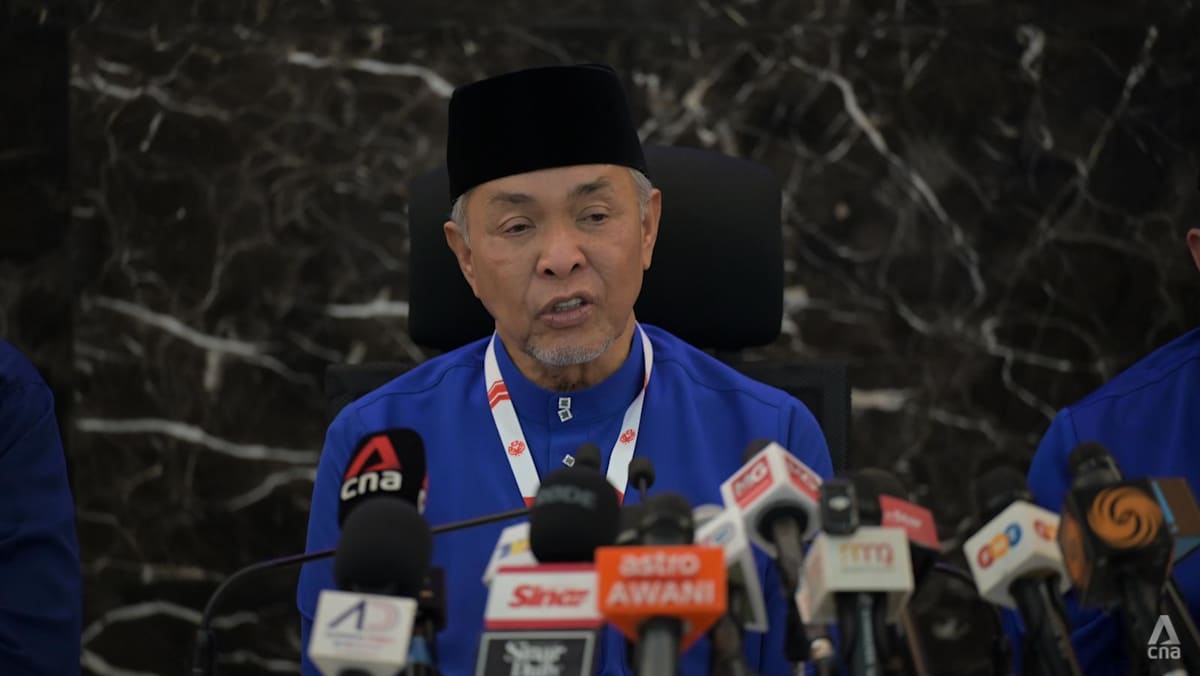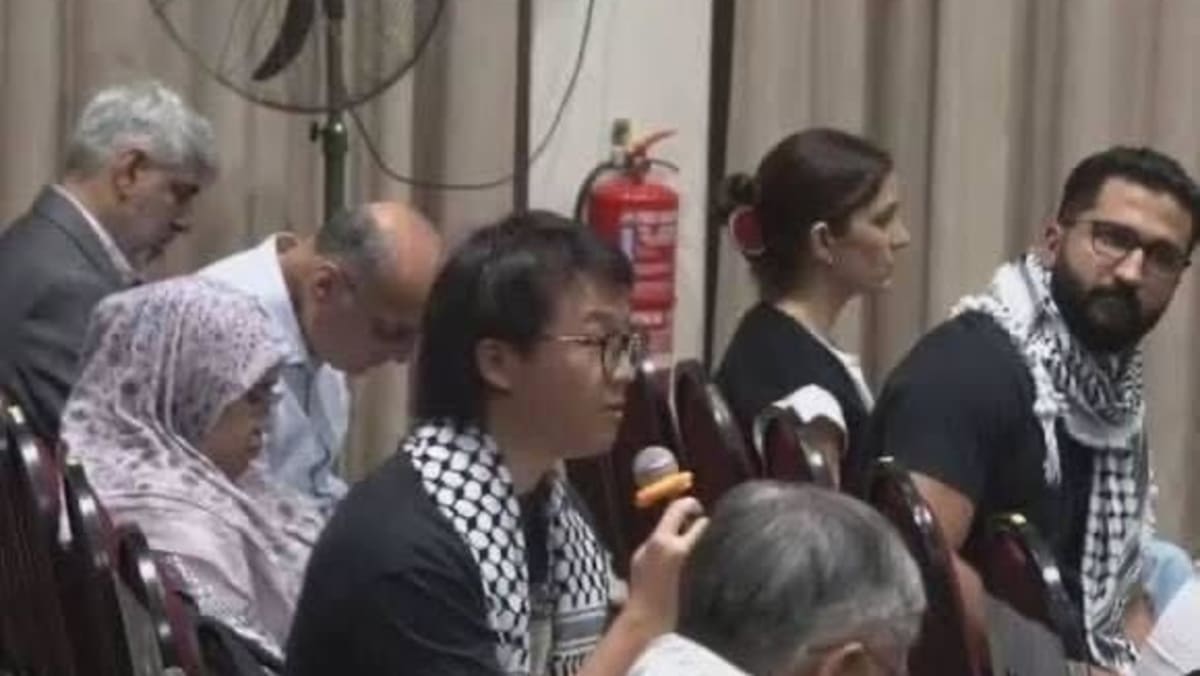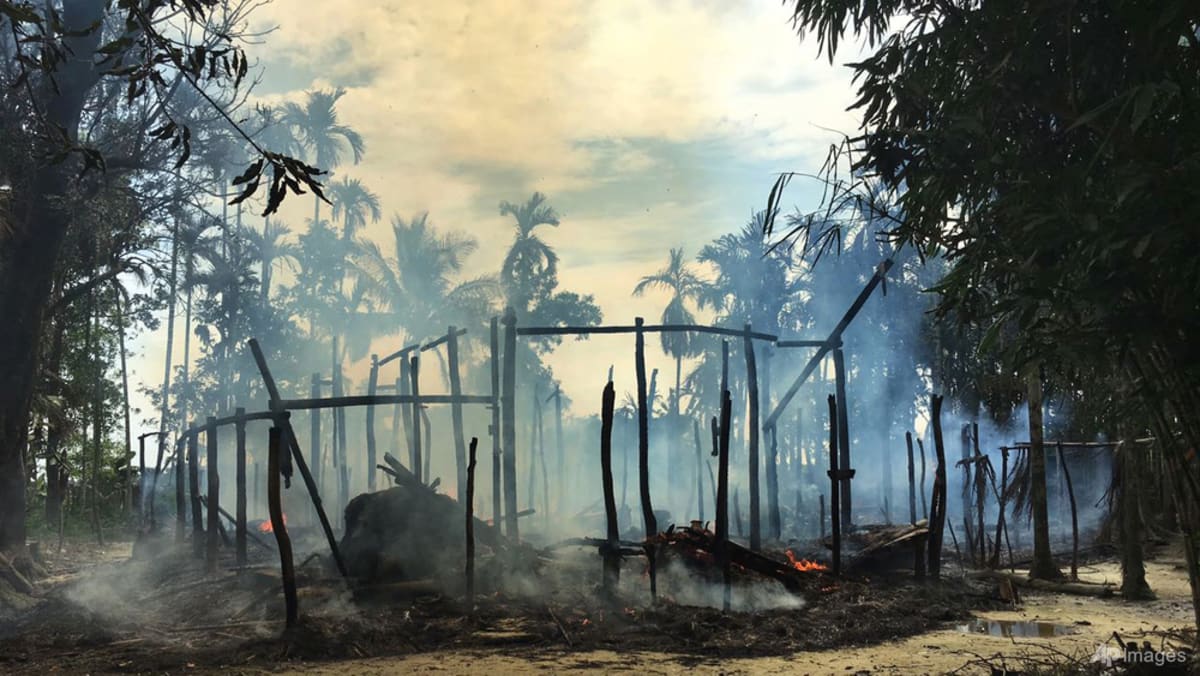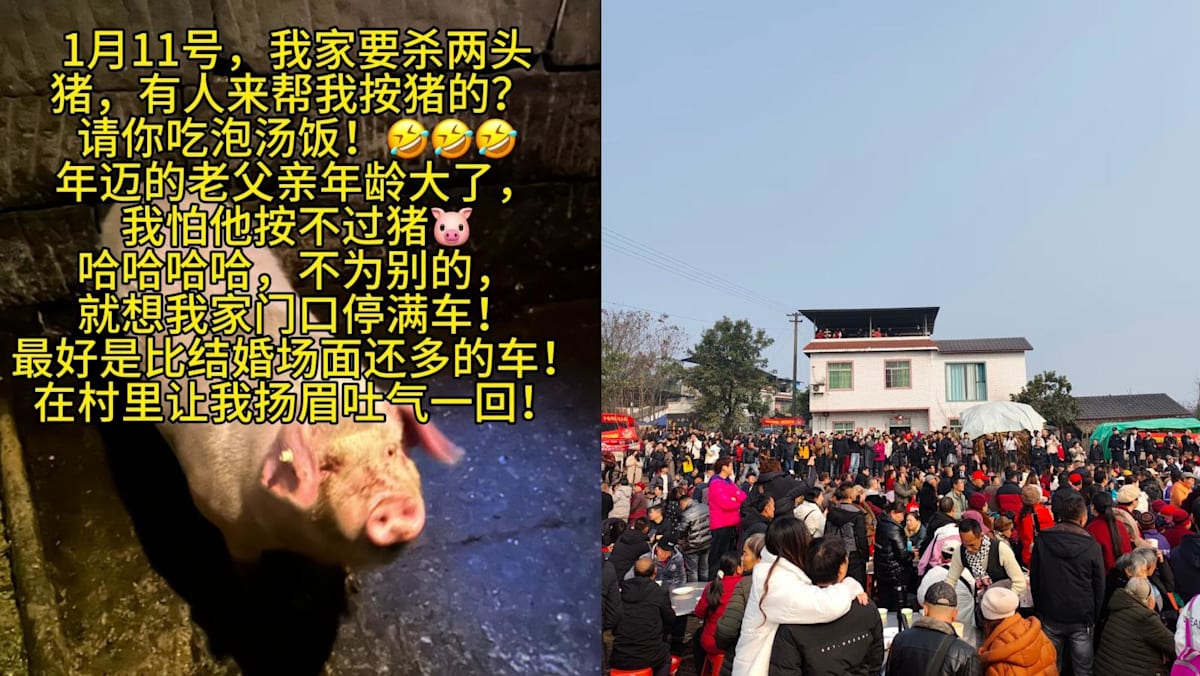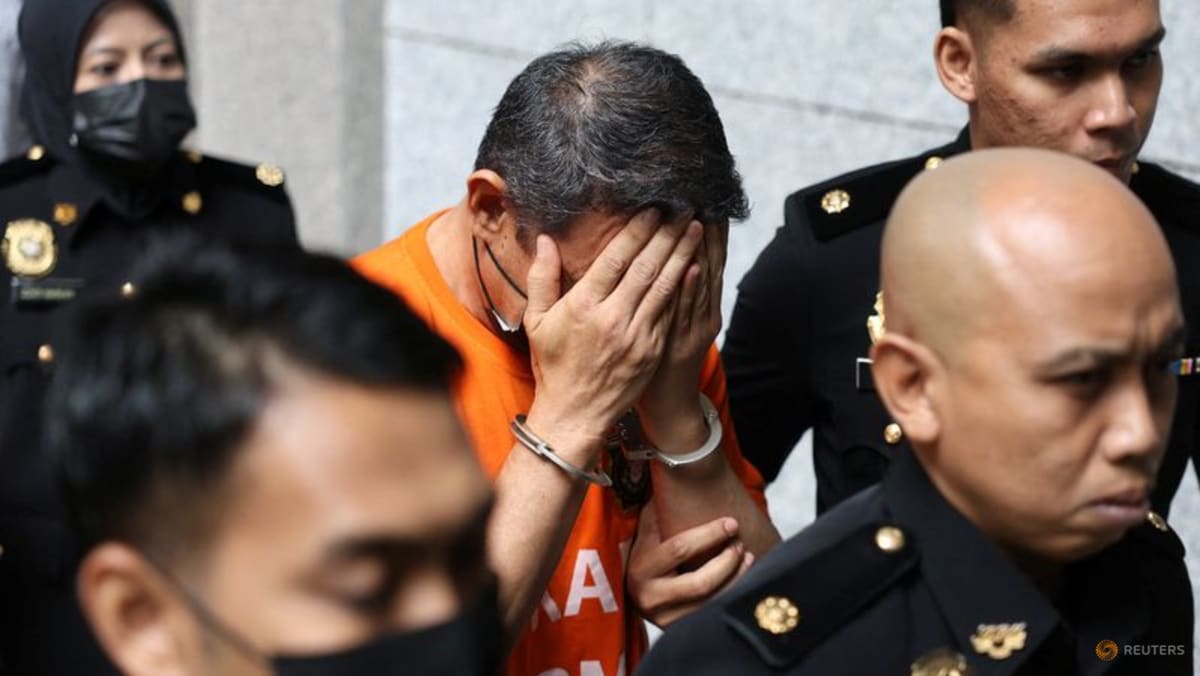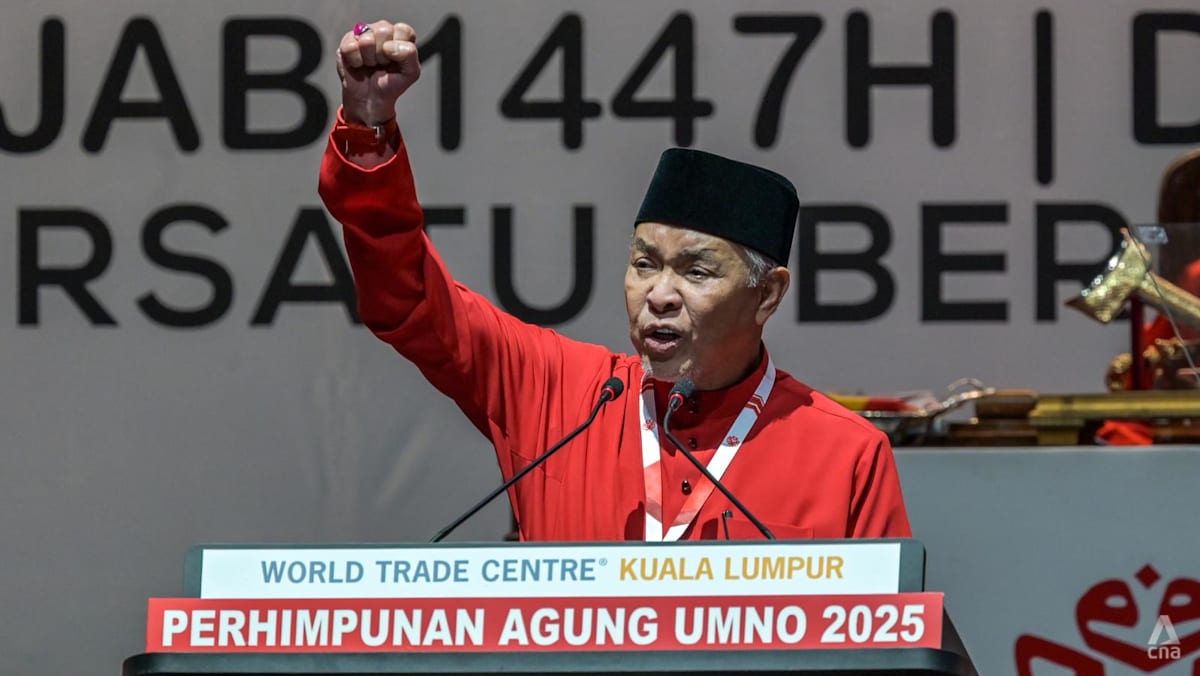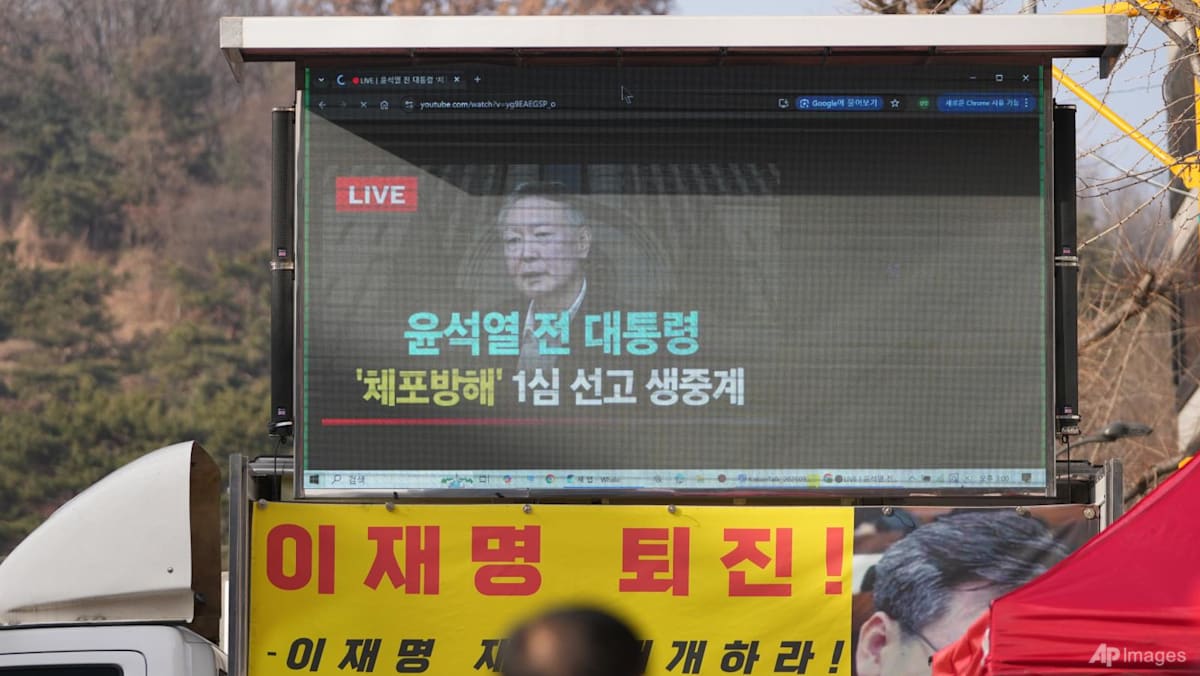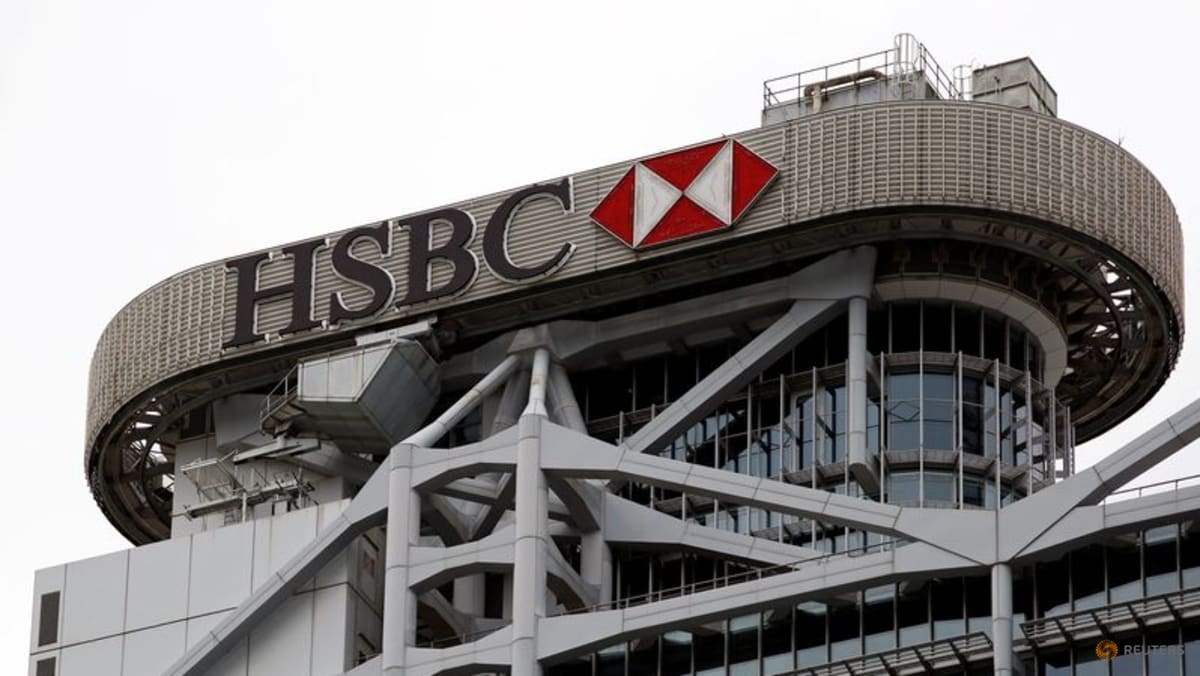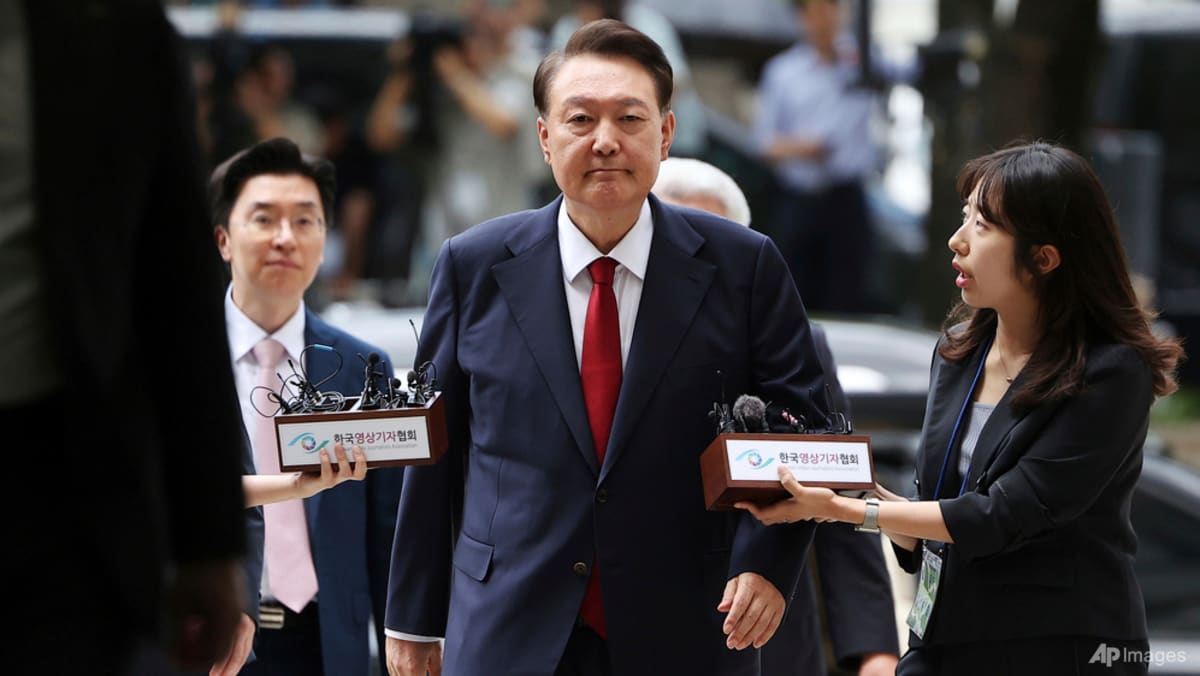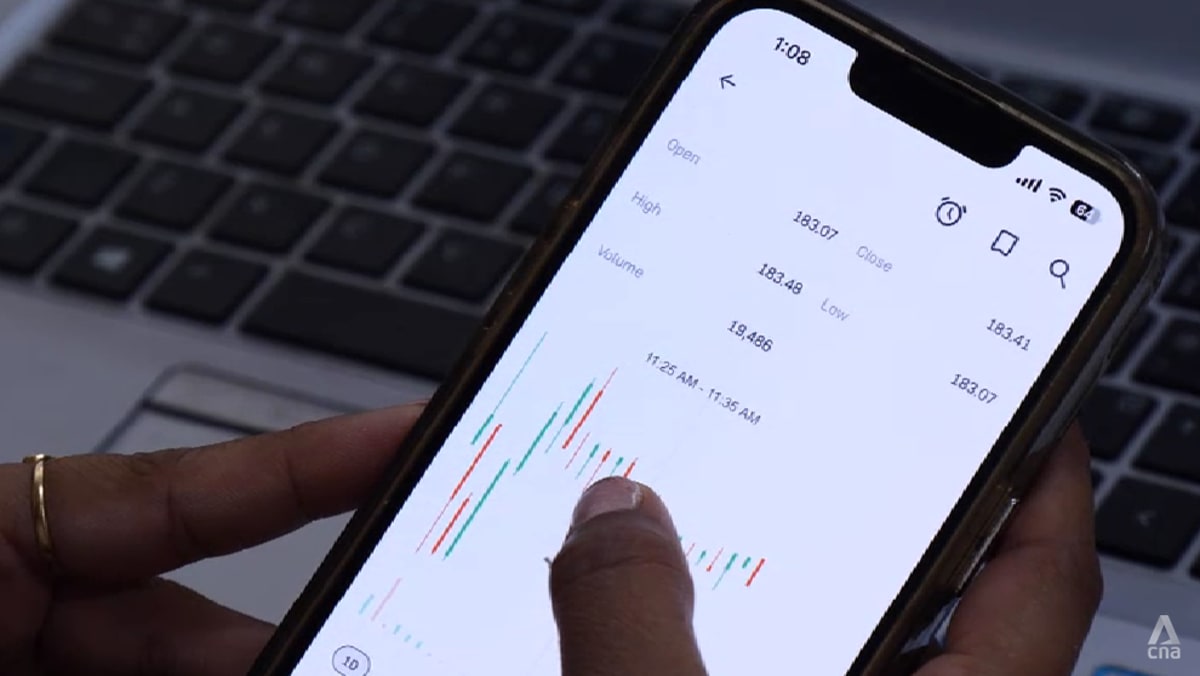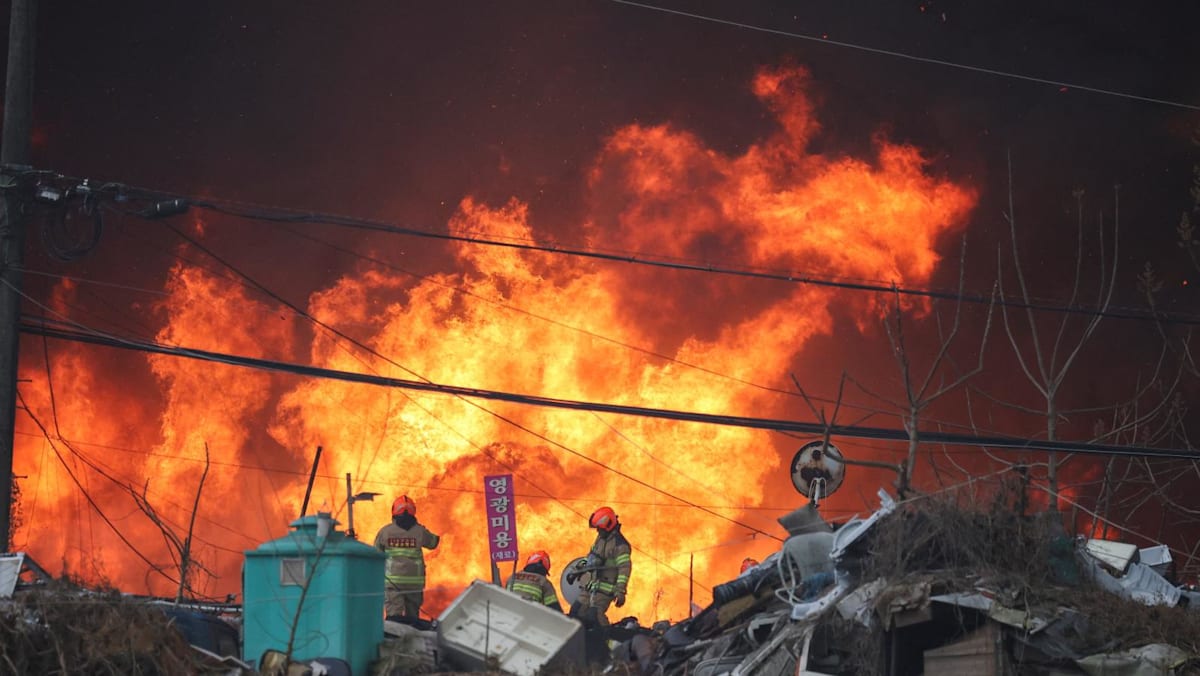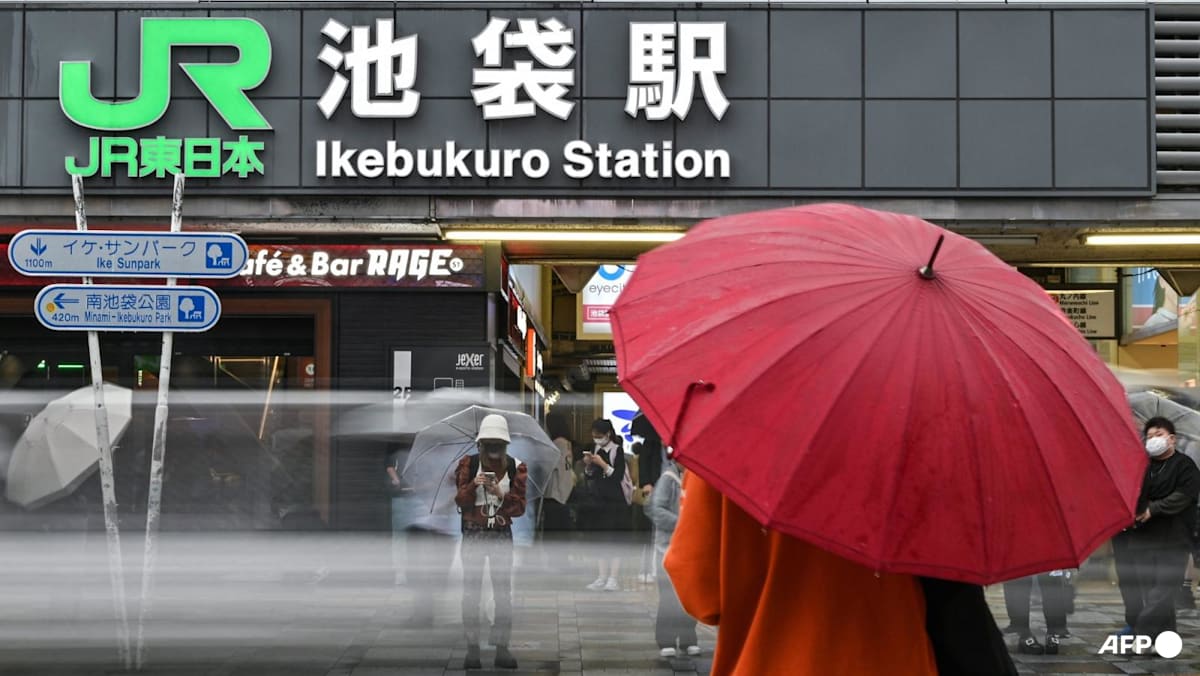Rich Russians isolated from the West are flocking to Thailand’s Phuket
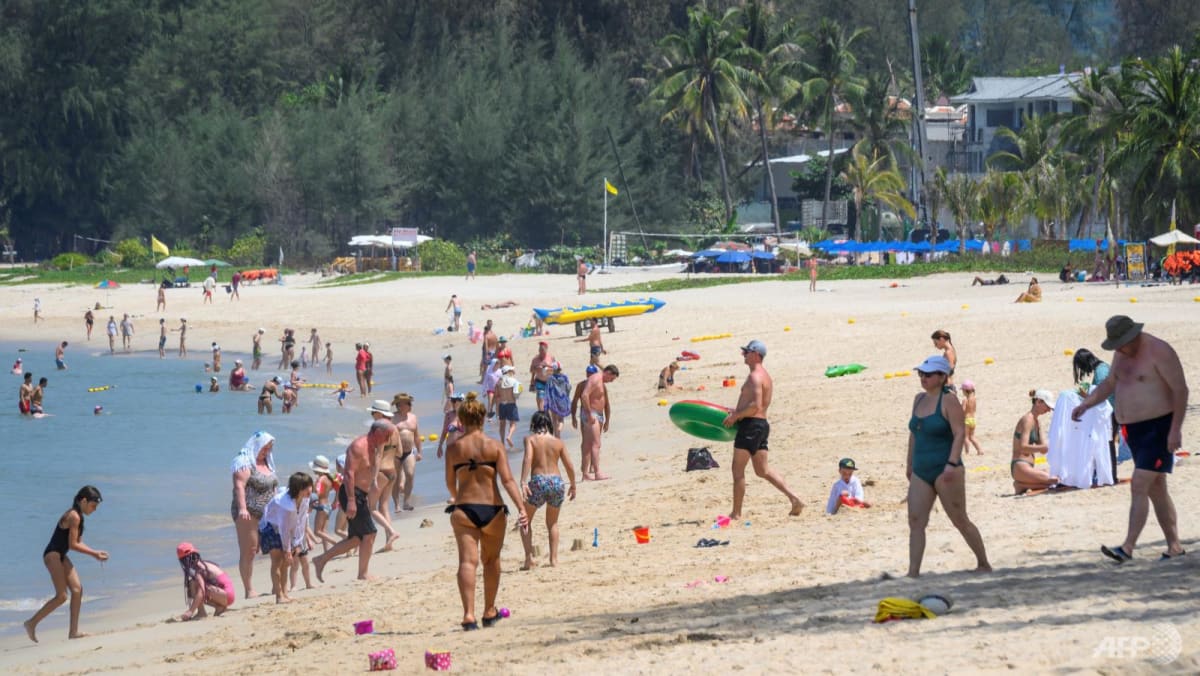
The diplomatic office is within the Royal Phuket Marina, a seaside community that includes moorings for yachts and apartments and stand-alone villas priced from about US$300,000 to multiple millions.
While countries in Europe and the Middle East have long been the main havens for Russians, Thailand’s beaches, nightlife and openness in places like Phuket, Krabi and Pattaya provided an affordable alternative in Asia even before the war in Ukraine started in February 2022.
Since Putin began his invasion, the EU has made it harder for Russians to travel to the bloc, with many direct flights to European cities abandoned. That’s pushed people to countries with easy-visa entry such as the United Arab Emirates, Turkey and Thailand.
Indeed, Thailand has introduced several new visa programs over the past year that allow longer stays for those who bring in money or special skills – such as in the IT, social media and crypto-asset industries, according to Prakaipeth Meechoosarn, head of Phuket property sales at the Thailand unit of CBRE Group.
Concurrently, the resort islands in the southern part of the country have also attracted many similar specialists, digital nomads and young families fleeing Ukraine.
According to Elena Marinicheva, vice president at Russia Sotheby’s International Realty, a typical Russian buyer in Thailand might be an entrepreneur in their mid-30s from the eastern part of the Federation, such as Vladivostok. But increasingly, investors from Moscow and St Petersburg are seeing the Thai market as more and more attractive, she said.
That’s helped create an array of cottage industries. For example, Alexander Nakhapetov said his entertainment business is booming. A 250,000 baht (US$7,333) box at a Russian rock concert he organised in Phuket’s Laguna Grove earlier this year was sold out within the first hour, he said. In December, he’s helping organise a performance by the St Petersburg State Academic Ballet Theatre on the island.
Sanctions have weighed on transactions, with Visa and Mastercard among the many global financial firms that suspended operations in Russia after the invasion of Ukraine.
Still, people have found workarounds such as linking to platforms of China UnionPay, digital assets, as well as paying with cash denominated in dollars and euros. As time goes on, though, it’s getting more difficult to transfer funds out of Russia — and the ruble has also weakened against the Thai baht, Steinbach said.
Thais — especially those in the southern islands — are adapting to the needs and habits of Russian visitors. Phuket International Airport makes announcements in Russian. Many shop names and street signs are in Cyrillic. Street vendors sell borscht and bliny side-by-side with local classics such as pad thai and spicy tom yum soup.
Russian restaurant chain Veranda recently opened its fifth Thailand location, adding to the eateries and food shops across the island.
And Nikolay Batargin, the owner of Chekhoff restaurants in Phuket, recently opened his third location serving Russian cuisine. Business was particularly “mad” during island’s high season from November to April, he said.
Source: CNA


